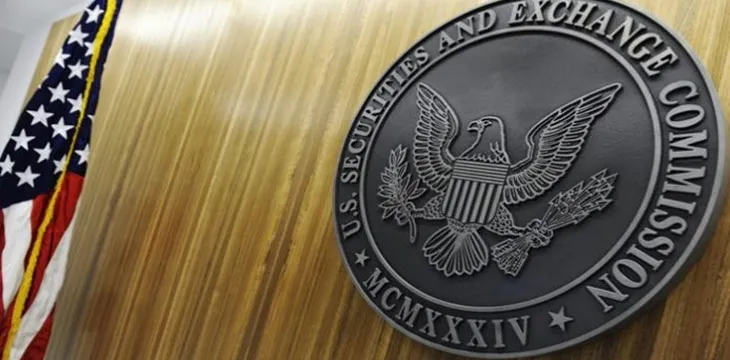|
Getting your Trinity Audio player ready...
|
The U.S. Securities and Exchange Commission (SEC) has charged the founder of BitFunder, a defunct cryptocurrency exchange that once hosted a legacy Bitcoin (BTC) trading platform.
In a statement, the SEC accused Jon E. Montroll of making false and misleading statements to the regulatory body in an attempt to escape responsibility for the loss of some $61 million worth of cryptocurrency. In its heyday, BitFunder allowed its users to buy and sell virtual “shares” of various digital currency enterprises in exchange for BTC.
Marc Berger, director of the SEC’s New York Regional Office, said BitFunder “operated unlawfully as an unregistered securities exchange.” Berger said all platforms that function as a national securities exchange involving digital assets, tokens or coins are required to register with the SEC or operate “pursuant to an exemption.”
A parallel criminal case was filed by the U.S. Attorney’s Office for the Southern District of New York against Montroll, citing perjury and obstruction of justice. The 37-year-old was arrested in Saginaw, Texas.
“[Montroll] repeatedly lied during sworn testimony and misled SEC staff to avoid taking personal responsibility for the loss of thousands of his customers’ bitcoins,” said Manhattan U.S. Attorney Geoffrey Berman.
According to the SEC complaint, Bitfunder and WeExchange were hacked in 2013 due to a vulnerability in their programming, causing the platform to credit profits which were not actually earned. This, in turn, allowed the hackers to withdraw some 6,000 BTC from WeExchange. Because it doesn’t have enough BTC to cover the losses, BitFunder was forced to shut down 2013.
Montroll, however, denied that the hack transpired successfully and never paid up the users who lost their investments. Three days after the attack, Montroll used a pseudonym to join an online correspondence in which he asked for help from the principal of another cryptocurrency exchange to track the “stolen bitcoins,” according to prosecutors. In a bid to conceal the incident, Montroll later transferred his own BTC holdings into WeExchange to make it appear that there were no losses.

 09-16-2025
09-16-2025 





